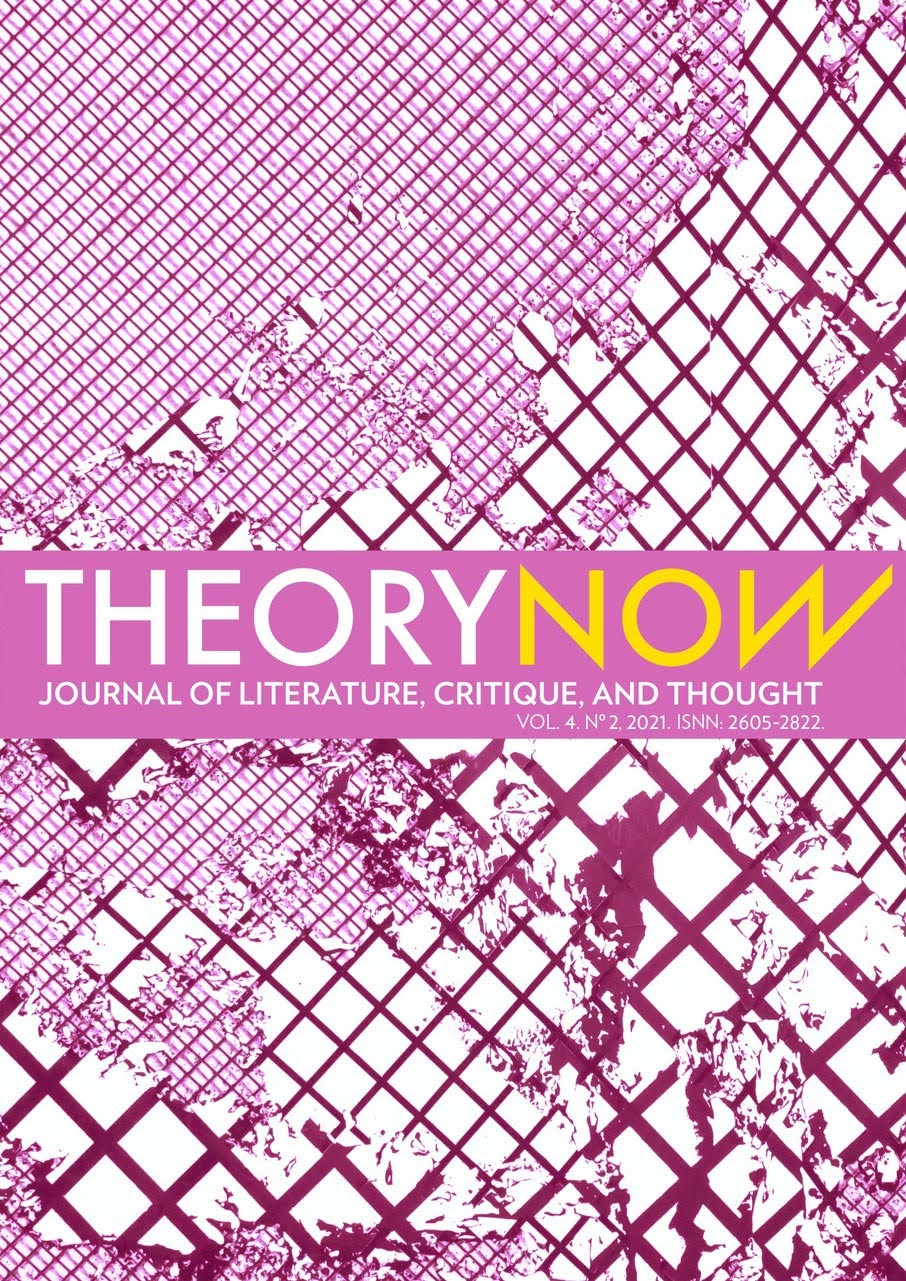Memory and Utopia
The Poetry of José Ángel Valente
DOI:
https://doi.org/10.30827/tn.v4i2.21075Abstract
In Memory and Utopia, Manus O’Dwyer offers a new insight into Valente’s poetics. Contrary to the view that Valente detached his verse from any kind of social or political commitment, O’Dwyer claims that the notions of void and self-negation are key to understand his desire to make his lines reach a broad community and recover the memory of the dead. The author delineates Valente’s poetic career on the basis on the identification between desolation and the Francoist dictatorship. Valente’s verse points at a new nothingness, but not with the selfish aim to enjoy an isolation from reality. Quite on the contrary, in his poems and essays, the non-place or desert, together with other poetic motifs that have been previously analysed from an erotic perspective, allows the poet to portray an impossible community that accepts all those who have been denied participation in the discourse of History. It is only by means of a language that has not been corrupted by the institutional discourse that the poet can draw the map of that utopian, literary space.
Downloads
Downloads
Published
How to Cite
Issue
Section
License
Theory Now. Journal of Literature, Critique, and Thought is an immediate open-access publication which is available at no cost for readers and authors alike. Authors are not charged any kind of fee for the editorial processing of their articles. Reading, downloading, copying, distributing, printing, searching, linking or reusing all published articles for non-commercial uses is allowed on the condition of citing the author, the journal and the editing body. All intellectual material published in this journal is protected under a Creative Commons Attribution-NonCommercial 3.0 Spain license.
Dissemination of the articles in social (Facebook, Twitter, Linkedin, etc.) and scientific networks (ResearchGate, Academia.edu, etc.), public repositories at universities and other institutions, blogs, personal or institutional websites, Google Scholar, ORCID, ResearchID, ScopusID, etc. is strongly encouraged. In all cases, the intellectual property of the articles and any possible monetary profits derived from them belong exclusively to the authors.













